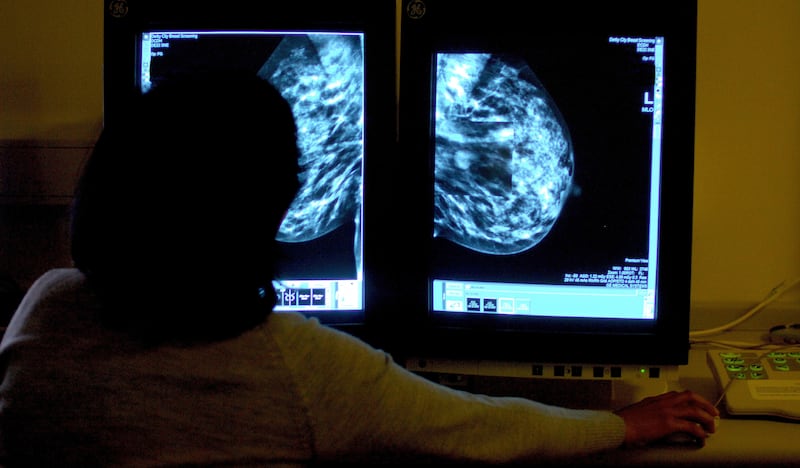It is by now widely acknowledged that the north’s health system is operating in a state of near-constant crisis, but statistics demonstrating the daily impact on patients do not lose their power to shock.
The Department of Health has released the latest cancer waiting times for four of our five health trusts, and the figures paint a distressing picture of the situation faced by thousands of people at a time of acute anxiety in their lives.
The most alarming statistic shows that in the final three months of 2023, just 30% of patients started treatment within 62 days of an urgent GP referral for suspected cancer.
The target is 95%, but rather than making progress towards this standard, the figure had dropped from 34% in the previous quarter.
For suspected cases of breast cancer, all urgent referrals should be seen within 14 days.

However, just over 41% of patients were seen within this time from October-December last year, compared with 65% in the previous quarter and 74% in the same period last year.
Meanwhile, only 89 per cent of all cancer patients started definitive treatment within 31 days of a decision to treat, compared to a target of 98%.
- Cancer waiting times reaching ‘astronomical’ levels, says charity, amid more treatment delaysOpens in new window
- Expert warning after cancer cases for under 50s rise by 20% in Northern IrelandOpens in new window
- We needed a cheerleader for our health and social care. With Robin Swann we’ve got a funeral director - Deirdre HeenanOpens in new window
Concerns over waiting times are sadly not new. Targets for cancer treatment are repeatedly missed and the delays of years for many other types of outpatient appointments are nothing short of scandalous.
However, these are the first figures to be published since a power-sharing government was restored at Stormont, and therefore should act as a spur to action as well as a sobering reminder of the scale of the challenge.
Each one of those statistics represents a real person filled with uncertainty following a cancer diagnosis and desperate for their publicly-funded health system to assess and treat their illness as quickly as possible.
Instead, one charity warned that waiting times are being missed by “astronomical amounts” and the problem will only get worse as cancer cases are expected to double over the next two decades.
Prevention is a key part of attempts to battle the biggest cause of death in Northern Ireland, with education playing an important role in reducing cases of skin and lung cancer in particular.
However, the immediate task is to implement long-overdue reforms in the health system that can ensure sustainable, well-resourced services for a rapidly ageing population.
The Department of Health launched a cancer strategy two years ago, but charities say progress has been hampered by the lack of an executive.
That cannot be an excuse now. Waiting times endured by vulnerable cancer patients should be a source of shame for all those who have held levers of power over the last two decades and immediate and decisive action is now required.








